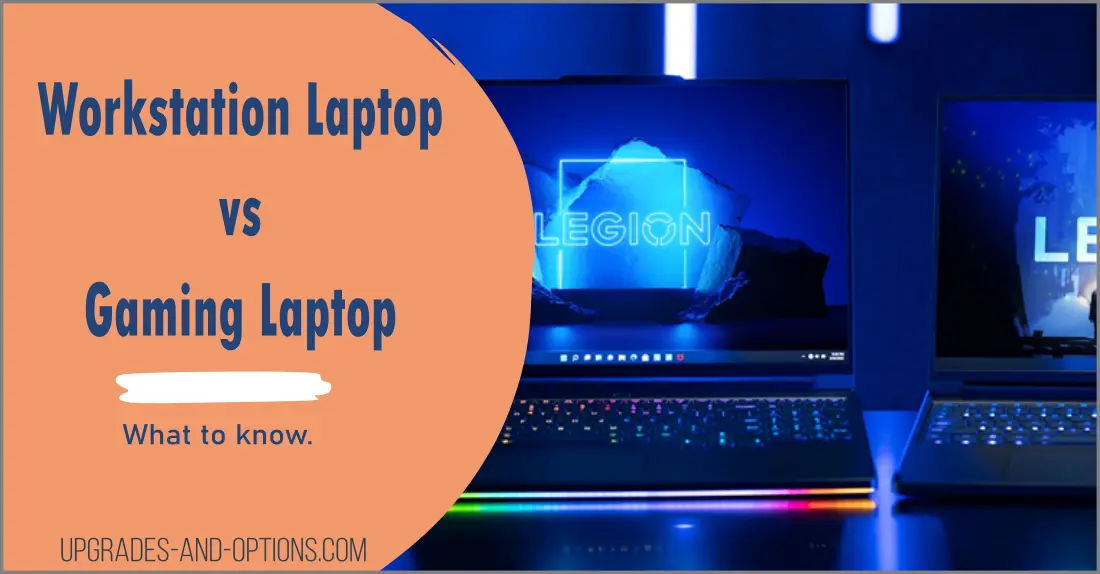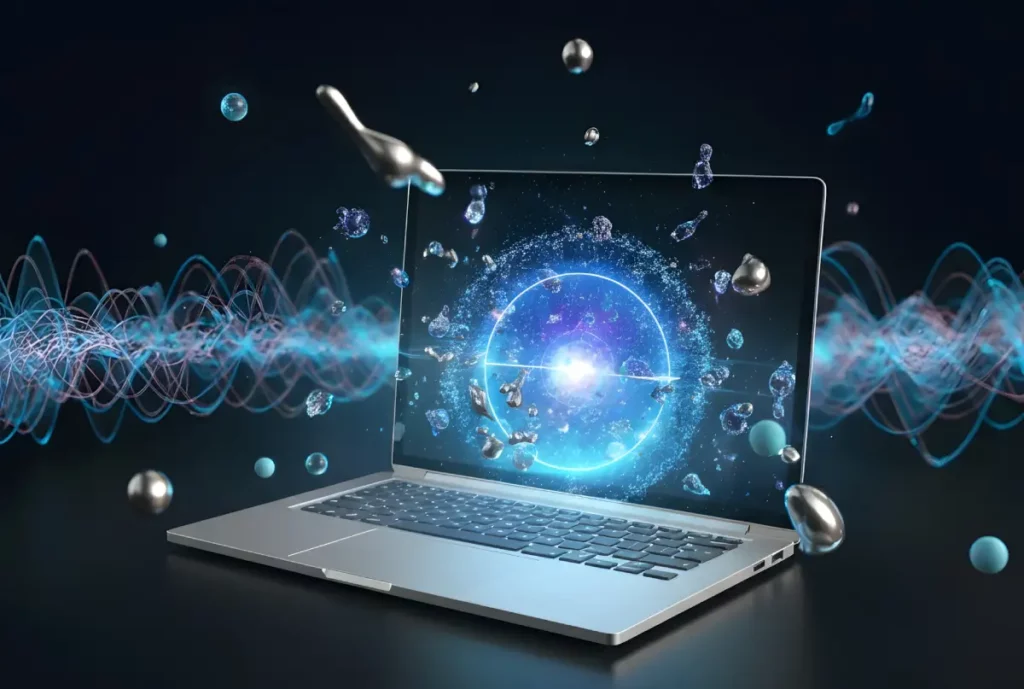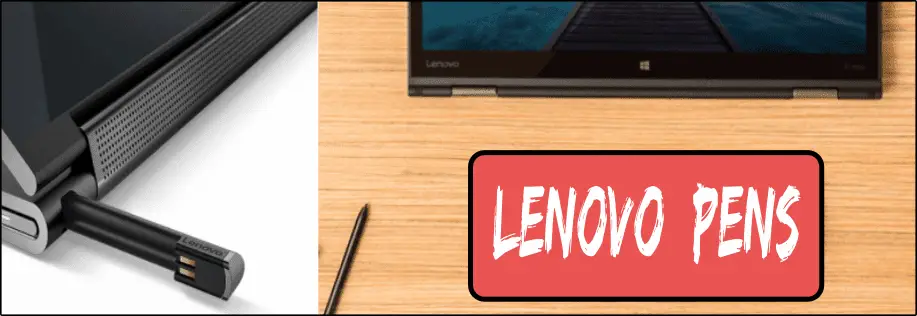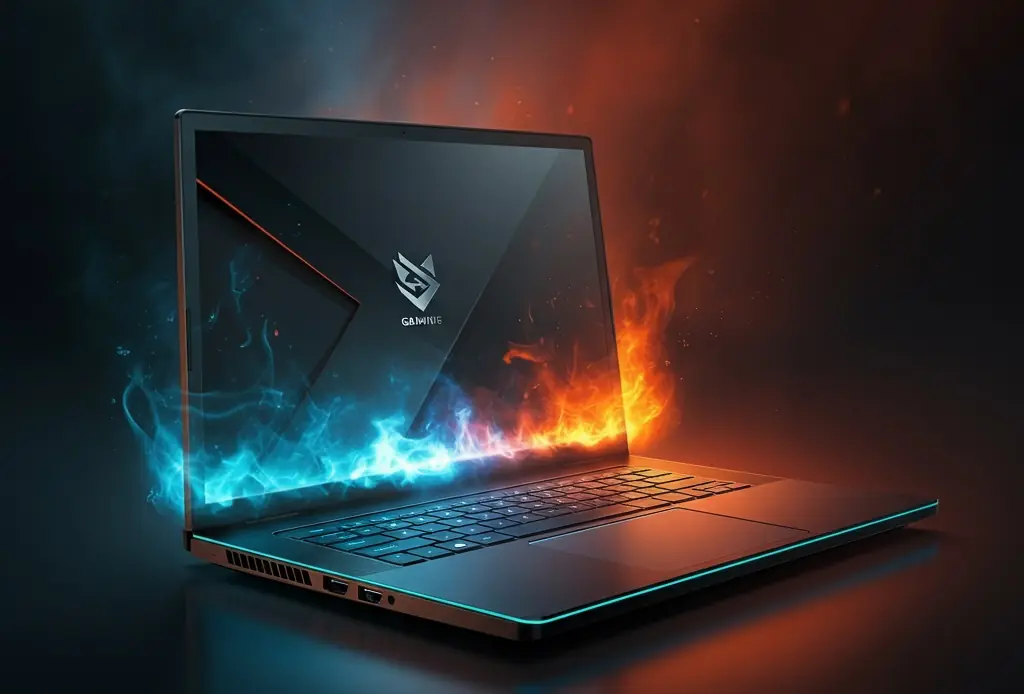In today’s world, laptops have become an essential tool for work and entertainment. However, with so many options available in the market, it can be challenging to choose the right laptop for your needs.
Two popular choices are workstation laptops and gaming laptops.
While they may look similar on the surface, they are designed for different purposes. Workstation laptops are geared toward professionals who need powerful processing power for intensive workloads, while gaming laptops are optimized for immersive gaming experiences.
In this article, we will explore the differences between workstation laptops and gaming laptops, including their hardware specifications, design, and performance.
By the end of this article, you will have a better understanding of which type of laptop is best suited for your specific needs.
Workstation Laptop vs Gaming Laptop Differences
The differences between a workstation laptop and a gaming laptop are explained below. Find out which key factors to consider before making a purchase.
Workstation laptops and gaming laptops are two distinct categories of laptops that are designed for specific use cases.
While they may share some similarities, they also have several key differences that set them apart.
Workstation Laptops
Workstation laptops, as the name suggests, are designed for professional use in industries such as architecture, engineering, media and entertainment, and scientific research.
These laptops are equipped with high-performance processors, large amounts of memory and storage, and advanced graphics capabilities to handle demanding workloads such as 3D rendering, video editing, and scientific simulations.
They are built for reliability, durability, and longevity, making them ideal for long work hours and intensive projects.
Here are some popular workstation laptops that are known for their high performance and reliability:
- Dell Precision 5550
- Lenovo ThinkPad P53
- HP ZBook Studio
- Lenovo ThinkPad P1 Gen 3
- HP ZBook Fury 15
- Dell Precision 7550
- HP ZBook Create
- Lenovo ThinkPad P72
- HP ZBook 17
- MSI WS75 Workstation Laptop
These workstation laptops are designed specifically for professional users
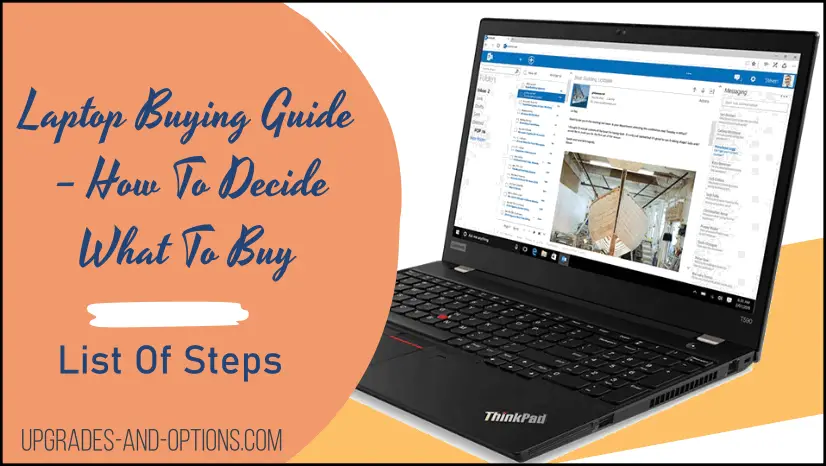
Gaming Laptops
On the other hand, gaming laptops are designed specifically for gaming.
They feature high-performance graphics cards, fast processors, and high-quality displays, all of which are essential for delivering an immersive gaming experience.
In addition, gaming laptops often have a sleek and stylish design, with customizable lighting and a high level of performance to give gamers an edge. Think RGB keyboards, etc.
Another key difference between workstation laptops and gaming laptops is their cooling systems.
Gaming laptops are designed to handle the high demands of intensive gaming sessions, and they often feature advanced cooling systems that help keep the components running cool and stable.
Workstation laptops, on the other hand, are often designed for more extended periods of use and may not have as advanced cooling systems.
Here are a few popular gaming laptops:
- Lenovo Legion 7
- Lenovo Legion 5
- Razer Blade Pro 17
- Alienware m15 R5
- ASUS ROG Zephyrus G15
- Acer Predator Triton 500
- MSI GE75 Raider
The Lenovo Legion line of laptops features laptops designed specifically for gamers, offering powerful hardware and advanced features for an immersive gaming experience.
These laptops are designed with the latest hardware, including powerful CPUs, high-end GPUs, and fast storage options, making them well-suited for demanding gaming needs.
They also come with a range of advanced features, such as high-refresh-rate displays, RGB lighting, and fast Wi-Fi connectivity, that gamers look for when choosing a laptop. I am partial to Legion laptops. See: Top 5 Best Lenovo Laptops To Buy
Considerations When Choosing
When choosing between a workstation laptop and a gaming laptop, consider the following:
- Processor: Workstation and gaming laptops are both equipped with powerful processors, but you might see AMD Ryzen processors in gaming laptops.
- Graphics: Workstation laptops typically have professional-grade graphics cards such as Nvidia Quadro or AMD Radeon Pro, while gaming laptops have more powerful gaming-focused graphics cards like Nvidia GeForce RTX or AMD Radeon RX.
- Memory: Workstation laptops might have more RAM, which is important for running demanding applications and multitasking. Gaming laptops typically have 8 to 16 GB of RAM, while workstation laptops may have 16 GB or more.
- Storage: Both types of laptops offer many storage options, and both may offer larger SSD drives as well as support for multiple drives than ordinary laptops do.
- Display: Workstation laptops may have larger displays with higher resolutions and color accuracy, while gaming laptops often have high refresh rates and adaptive sync technologies for a smooth gaming experience.
- Ports and connectivity: Workstation laptops may have more ports and connectivity options for accessories, while gaming laptops may have fewer ports but prioritize high-speed data transfer options for gaming peripherals.
- Price: Workstation laptops are often more expensive than gaming laptops due to their more powerful hardware and professional-grade features.
can I use a workstation laptop to play top games?
Compared to gaming laptops, workstation laptops may not have the same level of specialized features such as high refresh rate displays, high-end cooling systems, and programmable macro keys that are optimized for gaming.
So, you can play top games on a workstation laptop, it most likely will not perform as well as or keep up with a top gaming laptop.
Cooling Systems
Both workstation laptops and gaming laptops require efficient cooling systems to prevent overheating and maintain optimal performance. Air cooling systems are commonly used in both types of laptops, but the specific components used can differ.
Workstation laptops generally have large and powerful fans to draw air in and circulate it through the system, while gaming laptops may have multiple smaller fans strategically placed throughout the device.
Heat sinks, which absorb and dissipate heat from the processor, are also an important component in both workstation and gaming laptops. However, gaming laptops may have larger or more advanced heat sinks, as they often have higher-end processors that generate more heat.
Overall, the cooling system design can have a significant impact on the performance and longevity of both workstation and gaming laptops. A well-designed cooling system can keep the device running smoothly and extend its lifespan, while inadequate cooling can cause hardware damage and shorten the life of the device.
Here’s My Take:
When it comes to choosing between a workstation laptop vs gaming laptop, it ultimately comes down to what you need the device for.
A workstation laptop is a versatile choice that can handle a wide range of tasks, from work-related projects to leisure activities and even some gaming.
It is built with high-end components to provide reliable performance in demanding environments, and it is typically designed to be durable and long-lasting.
A gaming laptop is specifically engineered to provide a high-performance gaming experience. It is equipped with cutting-edge graphics cards, fast processors, and large amounts of memory and storage, making it ideal for running the latest games at high settings.
However, this specialized design comes with some trade-offs.
Gaming laptops are often heavier and noisier than workstation laptops, with larger fans to keep their high-performance components cool.
Both workstation laptops and gaming laptops have their pros and cons, a workstation laptop is the better choice for most people who are looking for an all-around device that can handle work, leisure, and some gaming.
If your primary focus is gaming, then a gaming laptop is the way to go.
Which One Is Right For You
Both workstation laptops and gaming laptops are designed to be durable, with most models boasting robust construction that can stand up to the rigors of daily use.
Workstation laptops often make use of military-grade components to ensure reliable operation even in highly demanding environments, while gaming laptops are specifically engineered for long hours of intense gaming sessions.
That said, both types of devices feature sturdy build quality that can withstand accidental drops or inevitable wear and tear from prolonged use.
Both are excellent options but choose based on how you intend to use the laptop.

J.S. is the owner, content creator, and editor at Upgrades-and-Options.com. I’ve worked in the IT and Computer Support field for over 20 years. The server hardware in my computer labs has mostly been IBM, but I’ve supported Dell, HP, and various other hardware. In addition, as part of my lab administrator responsibilities, I’ve learned, supported, and repaired/upgraded network hardware such as Cisco routers and switches. READ FULL BIO >>
More Resources:

